
Most people familiar with EU affairs know the single market is a myth. Hailed as the bedrock of the European Union, it was never completed and is now crumbling.
Saving it is vital but difficult. The Commission has just announced a new single market ‘strategy’, although it remains to be seen how effective the Brussels executive’s efforts will be. Its recent track record is disappointing.
Ursula von der Leyen’s Commission is increasingly criticised for a reluctance to pursue member states that dilute or openly flout the rules. The internal market, say critics, now exists in name only. A new IMF report agrees, reckoning the hidden costs of trading across Europe’s national frontiers to be equivalent to a tariff of 45% on goods and 110% on services.
Donald Trump’s threatened tariffs look almost benign compared to these self-inflicted barriers. Growth is being hamstrung, and that’s especially true of services that are key to Europe’s economic fortunes.
These growing internal barriers are largely invisible, but no less daunting for that. Obstacles to free cross-border trade and investment range from bureaucratic tricks that protect local interests to various governments’ ‘gold plating’ supposedly to enhance EU rules but that in practice impose restrictive requirements.
Layer upon layer of technical specifications and regulatory ‘improvements’ are making life harder for export-minded corporations and impossible for small and medium-sized outfits. Refusals to recognise other EU nationalities’ qualifications are the bane of service providers exploring new markets.
Forty years ago, Jacques Delors rescued the European project when it was becalmed in political doldrums with the promise of a seamless Europe-wide marketplace for goods and services by 1992. He revitalised failed earlier efforts with a streamlined plan to cut through protectionist national barriers and delivered almost all of its 300 specified objectives.
Delors’ mantra was to create a continent-wide US-style marketplace yielding dynamic economies of scale. This was never achieved; the proof being that while the US and EU economies at that time level-pegged, America’s has since grown to be a third larger. IMF analysts note that business between EU countries is less than half that conducted across state lines in the US.
Europe’s slower introduction of digital technologies and laggard innovation tends to be blamed for the widening transatlantic gap, but the greater culprit looks to be the EU’s failure to impose ‘tough love’ free trade conditions on member states, and also to tie up the loose ends in financial services and banking that rob Europe of a shared capital market.
The greatest casualty is services. These now make up three-quarters of the EU’s collective €17bn yearly GDP, and the most worrying fact revealed by the IMF is that services trade within individual EU countries is more or less the same as their levels of exported services. It should be far larger as the only hope for Europe’s development of AI and high-impact new bio and chemicals technologies is to use the EU single market as a springboard to the global marketplace.
The problem isn’t only national protectionism. Environmental measures, although clearly needed to combat climate change, have created a web of technical specifications. It is clearly time for regulatory rationalisation accompanied by a re-think of the EU’s approach to rule-making.
That wouldn’t, however, absolve the European Commission from responsibility for its increasingly lax policing of the Single Market. The last decade has seen a remarkable reduction in the number of legal actions against member governments in breach of EU laws. In 2013, almost 1,400 lawsuits were filed, and in 2023 that had fallen to 500 or so. The first three years of the Von der Leyen Commission saw an 80% drop in these actions.
The explanation seems partly to be a reluctance to upset national administrations, and also the widening of the Commission’s geopolitical role. It’s hard to tell whether it can reverse its retreat from the core responsibility for single market enforcement. It has set a 2030 target date, emphasising that as well as tackling trade barriers the EU must also simplify an increasingly complex rulebook. “The regulatory burden is seen as an obstacle by two
Comments
-
Stunning! Who knew the EU’s single market was just a fancy tablecloth draped over a rickety old table? Guess we’ll be dining on bureaucratic spaghetti for a while longer. 🍝😂
Last News
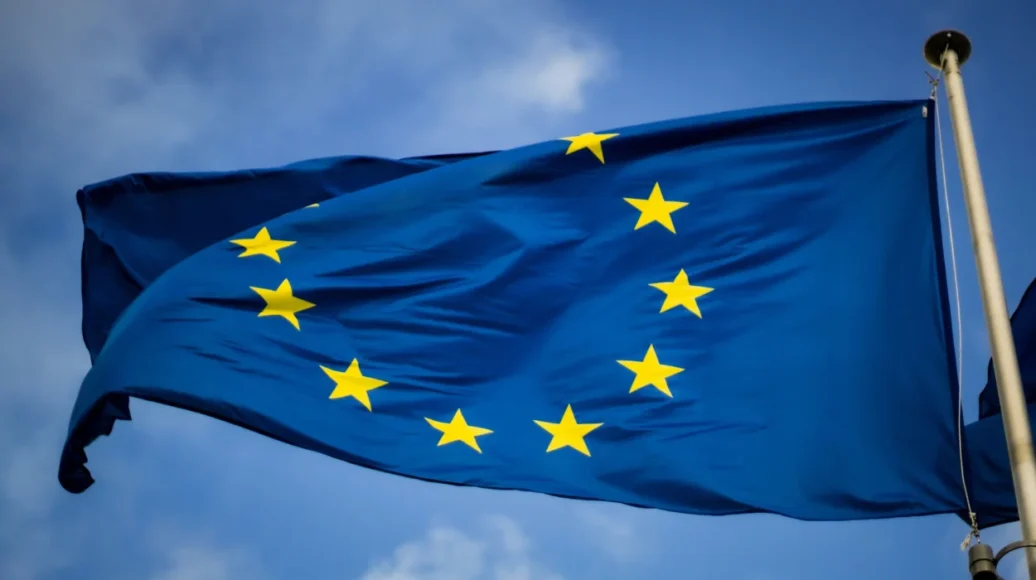
Can the EU Preserve Its Fragile Single Market?
Most people familiar with EU affairs know the single market is a myth. Hailed as the bedrock of the European Union, it was never completed and is now crumbling.
Saving it is vital but difficult. The Commission has just announced a new single market ‘strategy’, although it remains to be seen how effective the Brussels executive’s efforts will be. Its recent track record is disappointing.
Ursula v

Dissolution : un an après, Macron toujours sûr de son coup (mais pas de la suite)

Slovenia to Propose Measures to Brussels in Response to US Sanctions on Slovenian ICC Judge
According to the
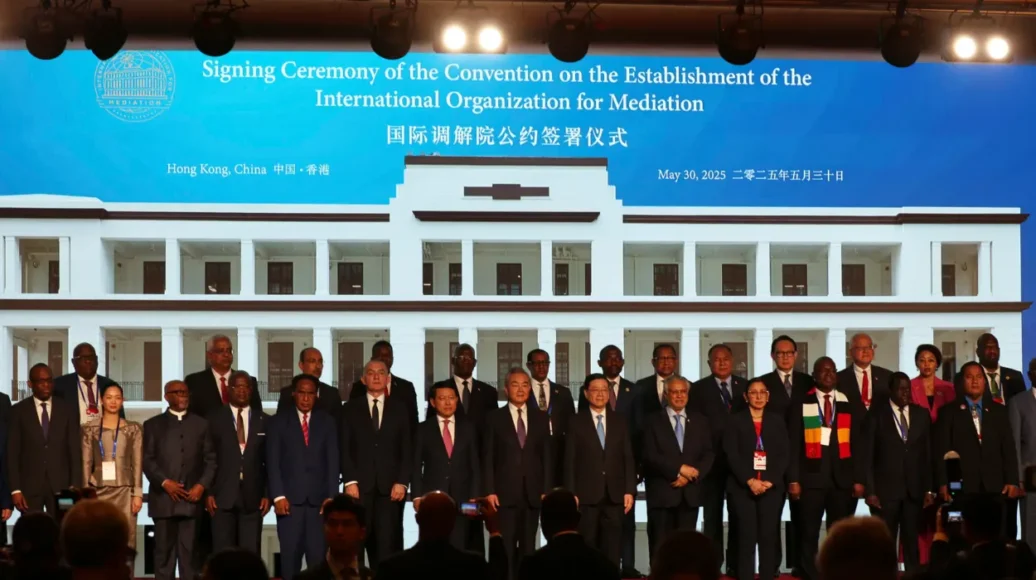
China’s Soft Power Shift: IOMed and the Future of Dispute Resolution
In an international climate marred by deepening fissures and geopolitical fault lines, the idea of resolving disputes through dialogue rather than domination has come to sound almost quaint. Yet on May 30 in Hong Kong, a gathering of 400 dignitaries from 85 countries and nearly 20 international organizations quietly ushered in what could prove to be a transformative experiment in conflict resolu

UK Judge Warns of AI Misuse in Courts
The senior judge reprimanded lawyers in two cases for allegedly using AI tools in preparing written arguments for court.
“There are serious implications for justice administration and public
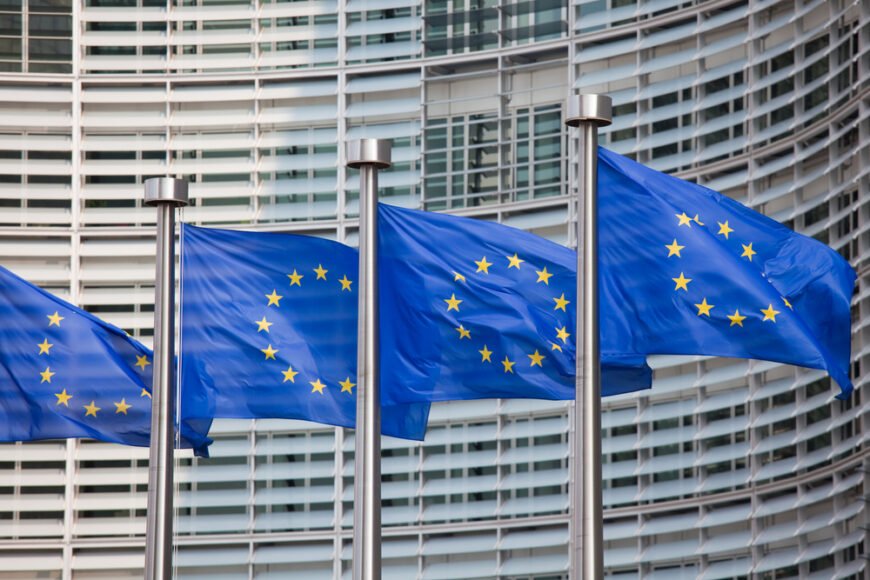
European Commission’s Five Recommendations to Bulgaria: Prioritizing Defense Spending and Accelerating Recovery and Resilience Plan Implementation
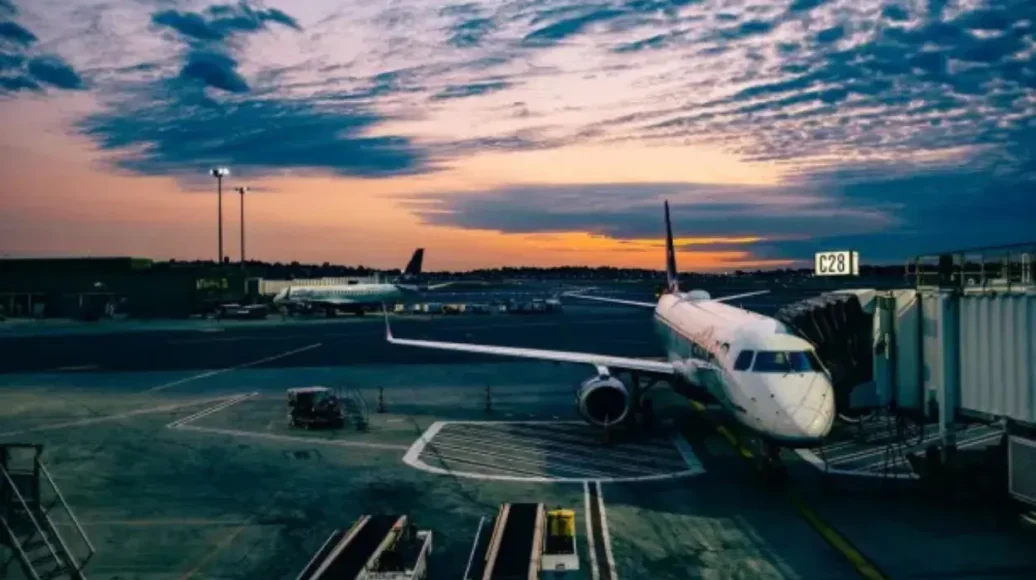
Passenger Rights Concerns Voiced
MEPs have voiced concern about air passenger rights amid fresh talks on the issue by transport Ministers of EU Member States.
The fear, say Euro deputies, is that ministers might potentially agree to water down existing compensation rights.
Current rules guarantee reimbursement after a three-hour delay.
The EPP Group in the EU Parliament says it opposes a weakening of established air passenger r

Macron to Visit Greenland on June 15 to Demonstrate Solidarity
Frederiksen
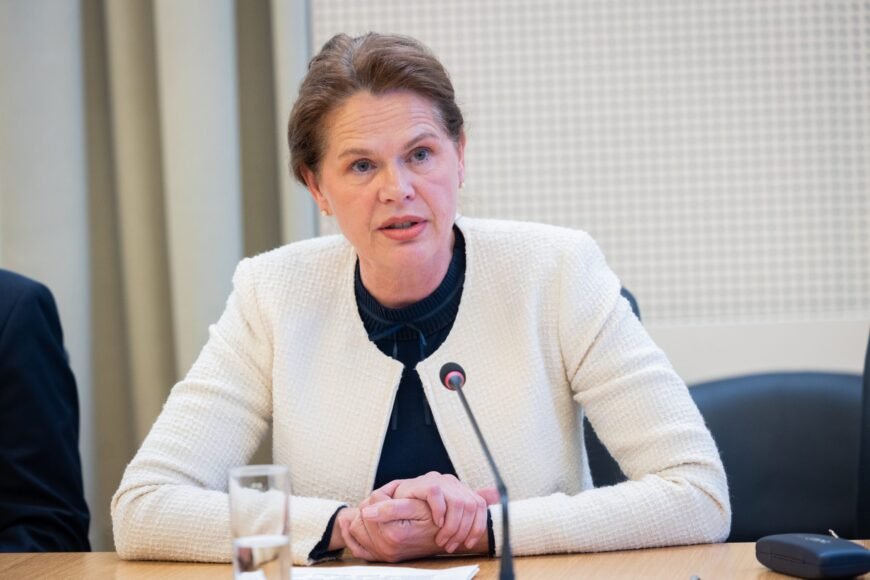
Slovenia Opposes Proposed Changes to Air Passenger Rights
The new legislative framework aims to establish clearer and simpler rules for ai

The Balkans: Neighboring Conflict
Arms Trafficking Thrives in Türkiye, Bulgaria, and Greece
When a gun ends up in the hands of a street gang in France or a criminal network in Berlin, few people ask: where did this weapon come from? It’s usually just a footnote in the media or a case number in a police report. But it’s precisely this “where from” that is the focus of a new report published in June 2025 by the Global Initiative A



Leave a Reply